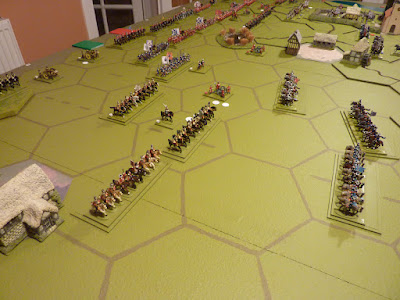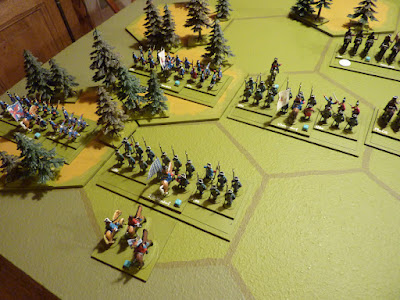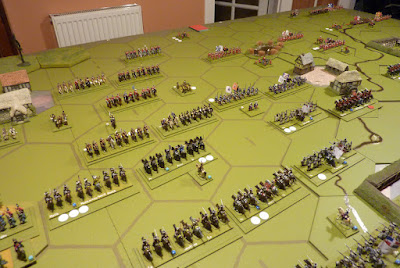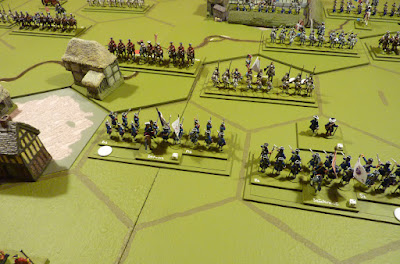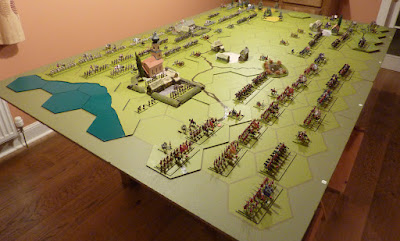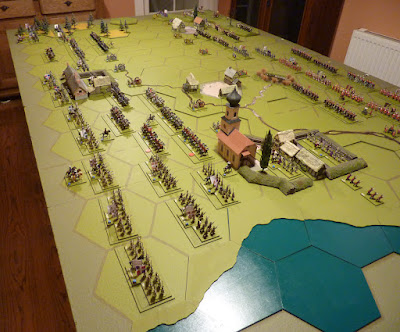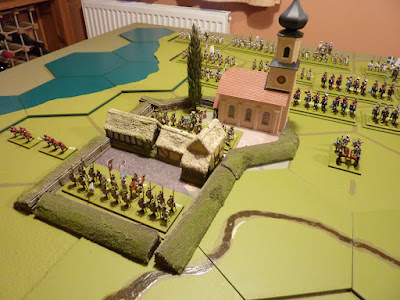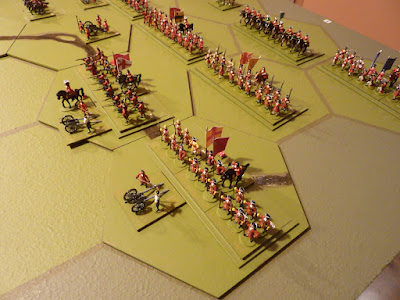Another worthless tale from my distant youth - this one at least has the slight compensations of a whiff of crime and some vintage technology.
Despite my efforts to unsubscribe, I still receive issues of a newsletter for ex-pupils of my old grammar school in Liverpool. This month's edition informs me that a former classmate of mine, Ray Burden, has passed away. That's OK - he obviously had a long and full life, and I haven't met him or thought about him for something like 60 years, so I can only send mental best wishes to his friends and family, whoever they may be.
Ray was a very large boy for his age, which made him a natural to get involved in the school's rugby-playing activities when he was 15 or so - his main attribute on the rugby field was that he might usefully fall on one of the opposition in a moment of stress; certainly he was unlikely to catch anyone in open play. He was known universally as "Onus", since our first-year Latin primer made it clear (in about chapter 2) that this was the Latin word for a burden, and therefore he obviously had to be called this, since we were all desperate to grasp any excuse to avoid the embarrassment of addressing each other by our given first names. A boys' school, it goes without saying.
In passing, I have some faint concerns about that first year Latin book, which was full of translation exercises involving the daughters of the gods hastening to the woods to meet the sailors. No matter.
In our second year, Onus suddenly approached me to ask if I would be interested in helping him with a new hobby, which was finding out the special engineers' codes which would enable anyone who had them to make free local calls from any public call-box in Liverpool.
Classic 1950s UK phone-box
I'd better insert a brief explanation of the technology of the day. In those days the public telephones were attached to large black boxes. If you wished to make a call via the operator (which might be a long-distance call, meaning outside Liverpool area) then you dialled "100", the operator would tell you the cost of the call, and you would place coins to this value in the appropriate slots on the black box. The operator would hear the coins going in, different value coins making a different noise (in fact anyone within about 50 metres outside the phone-box could probably have heard this) and would connect the call. If it was answered, you pressed Button A (which required a fair amount of strength) and the money fell through into a strong box at the bottom) and you could then speak to the recipient. If the call was not answered you pressed the equally mighty Button B, which, with a bit of luck, would return your coins into a little tray. All of this was big, clunky, mechanical stuff vaguely reminiscent of Steam Punk now. Lots of girders and grease.


OK - I'm sure this was the same throughout the UK at the time. Our telephones were connected to a local exchange - our number at home was LAR 1125, attached to Lark Lane exchange, in Aigburth. Other exchanges were CHIldwall, WAVertree, ALLerton, STOneycroft and a pile more. If you wished to call a local number from a Liverpool phone-box, you placed 4d (that's 4 old pennies, 4 x 1/240 of a Pound) in the slot, dialled the number and then pressed either Button A or B depending on whether it was answered or not. The recipient could not hear you unless you pressed Button A.
If this seems of very minor interest, I have to explain that Onus's new hobby stemmed from the fact that he had got hold of a brief instruction note, normally issued to GPO telephone engineers, which allowed them to make free calls. To put this into perspective, 4d was not a great deal of money, even for 12-year-olds, and none of us had anyone to call anyway, but it was something we were not supposed to know, and that was enough to get Onus fired up.
The phone-boxes had to cope with free emergency calls (999) and free operator calls (100), so the mechanism allowed the digits 1, 9 and zero to be dialled without charge, but as soon as the call number involved any other digit then the call could not be connected without money being paid. What Onus had found out was that the engineers used a system whereby they could tap in any digits which were not 1, 9 or zero on the receiver rest - and when I say "tap" I mean bang them in, quickly and evenly - thus "three" would be entered as "bang-bang-bang", etc. This took some skill, and I imagine telephone engineers would be likely to suffer from RSI.
There was a secret three digit code which should be tapped in (let us say it was 147), followed by a 2-digit number for the target exchange, followed by the phone number. Throughout this, free digits could be dialled, but other digits had to be tapped. The normal 3-letter exchange codes didn't work in this system, so Onus had set about collecting the details of the 2-digit exchanges.
So for a few weeks he and I would spend a lot of our lunch-hour in a very quiet phone-box in Green Lane, Childwall, about half a mile from school, banging the living daylights out of the receiver rest. Onus would do the banging and the talking, I would be in charge of writing down the results in his homework jotter and providing moral support. It goes without saying that we would have been promptly expelled from school if we had been caught doing this.
Onus would call up a number - let us say he dialled and tapped "147-14-2001". If the phone was answered, he would ask to speak to Mr Barrington (an unusual name was advisable, after some early flukes when he asked for "John", and the recipient said, "Speaking" - panic stations).
When it transpired that Mr Barrington did not live there, Onus would say, "I'm very sorry, I must have the wrong number - is that Garston 2001?"
and the recipient might say, "No - this is Aintree 2001."
And we would have scored a new code, 14 = Aintree, which I would write in the jotter.
Onus found out that if he varied the 147 code, we could get further afield, and we started to collect exchange codes for far-off, exotic places such as Colwyn Bay, Ashton-in-Makerfield, Burscough, some of which may have been as much as 20 miles away. We were giddy with excitement, though there was nothing practical we could possibly have used this knowledge for.
One wet lunchtime, about 3 weeks into this strange research project, our bangings were interrupted by the door of the phone-box being yanked open, and a police constable in full uniform - plant-pot helmet and everything - demanded to know what we were doing. I think Onus may have wet himself - he certainly didn't say anything. From some dark corner of self-preservation, I came up with, "We're trying to get his money back out of the phone...".
'Ello, 'ello?
The policeman reached in and pressed Button B, and, by some freak chance, 4 pence dropped into
the tray. "Come on, lads - if you don't mind, I have to make an urgent
call."
We ran back to school, pale and shaking. About halfway back, Onus announced that we had left his homework jotter behind in the phone-box, and it contained not only our recorded results for the exchange codes, but also his address (right down to which bit of the galaxy he lived in, and his phone number) and which class he was in, at which school. He was convinced that we were now doomed.
I ran back to the phone-box, to find the policeman emerging. He had the homework jotter in his hand.
"Did you lads leave this? Here you are - you'd better be more careful, or you won't know what homework to do!"
I took it and ran all the way. Onus and I never mentioned the subject again. Since we were never sent to prison or expelled, I assume that the policeman had not spent any time watching us rattling out numbers on the receiver rest. In fact Onus and I were never such close friends thereafter. He eventually did biology and chemistry, while I did mathematics and physics, so we saw less and less of each other. I believe he became a science teacher and moved to Derbyshire - I only know this from reading his obit in the newsletter.
Newfangled STD phone - 1960s
Within a very short time after this adventure, maybe a year, the entire UK telephone system was upgraded to the new STD (Subscriber Trunk Dialling) system, which involved a complete nation-wide technology change and was, as far as I know, incapable of being cheated. I have never thought about hacking phone-boxes since then until this very morning.
Honest, Your Honour.






